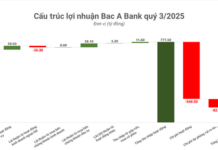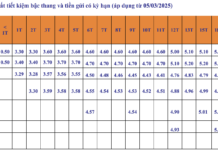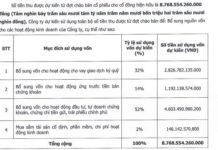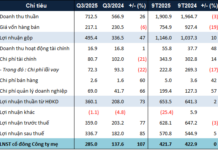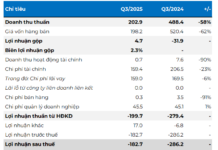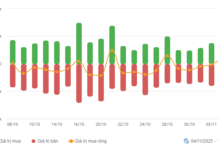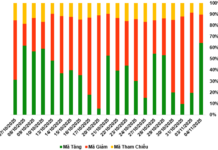Condominium prices have continuously increased for 19 consecutive quarters
A report from Savills Vietnam shows that in just 4 recent years, condominium prices have increased by up to 77%. Specifically, in the fourth quarter of 2023, the average primary price of condominiums was VND 54 million/m2, increasing for 19 consecutive quarters and up more than 77% compared to the first quarter of 2019.
According to the Ministry of Construction, in 2023, condominiums continued to trend upward in prices in the two major cities of Hanoi and Ho Chi Minh City, especially in central areas. In Ho Chi Minh City, the prices of condominiums have mainly increased in the mid and high-end segments, especially in projects located near the city center such as Binh Thanh district and Thu Duc district, with primary selling prices over VND 60 million/m2.
One of the reasons for the rapid increase in house prices and condominium prices recently is the imbalance in the high-end and luxury product segment; the lack of real and affordable housing products. This imbalance has led to speculation, hoarding, and soaring real estate prices.
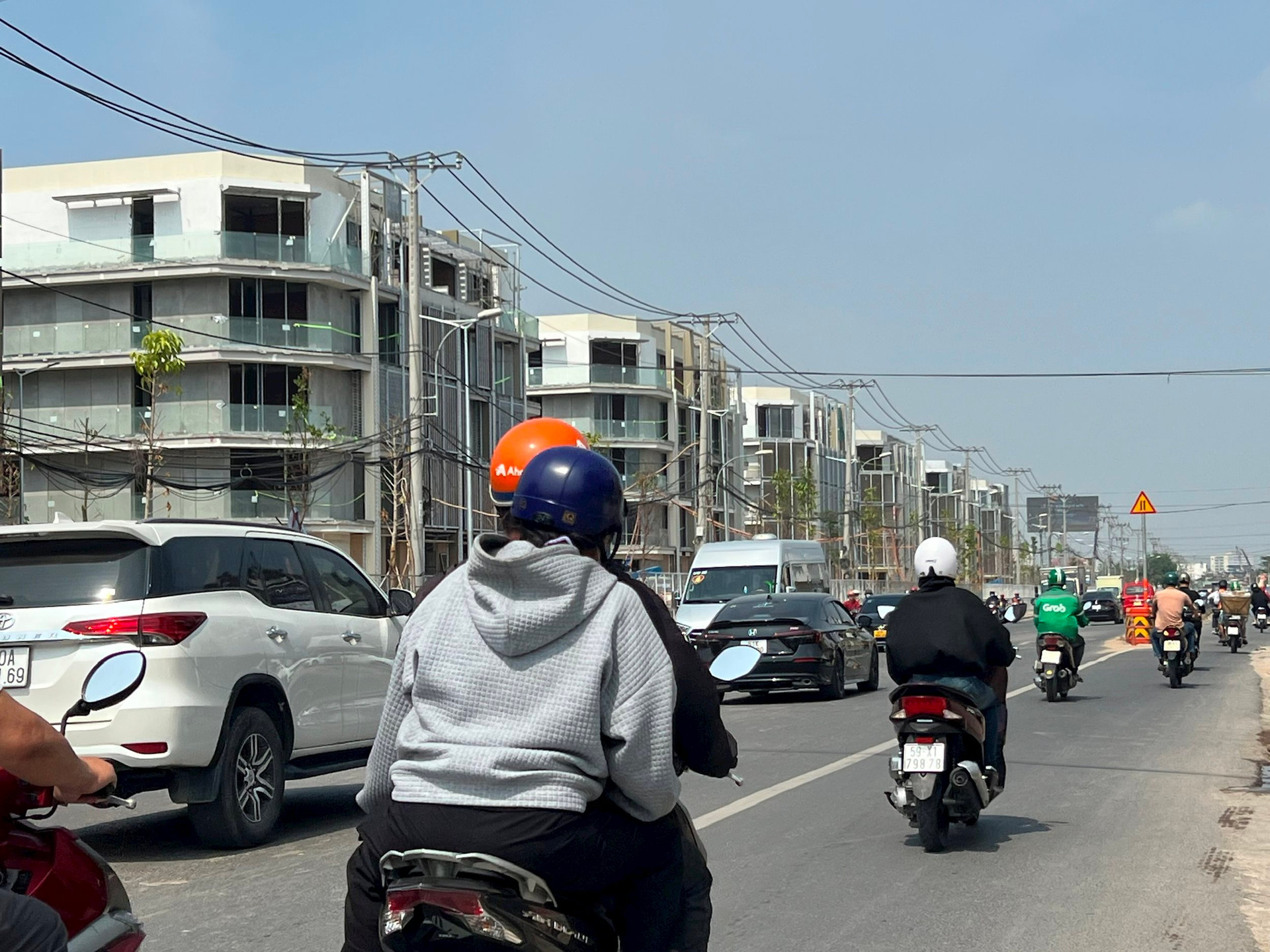
Photo by Ha Vy
In the face of unreasonable product structure, since the beginning of 2024, the Prime Minister has instructed the Ministry of Construction to guide businesses in restructuring segments and reducing product prices; providing appropriate, timely, and effective solutions for restructuring segments for those in real need, social housing, worker housing, and low-income people.
However, reducing house prices is not an easy problem to solve. There are too many types of costs burdening businesses, including construction costs, raw materials, labor costs, financial costs, management costs… all of which are increasing.
Affordable housing opens up expectations for the real estate market
At the end of 2023 and the beginning of 2024, many investors have been and are adapting to the market by launching a series of affordable housing projects at the end of 2023 and the beginning of 2024, especially in neighboring areas of Ho Chi Minh City such as Binh Duong, Long An, and Dong Nai provinces.
Experts in the industry expect that the Land Law, the Housing Law and the Real Estate Business Law which have just been enacted will help remove bottlenecks in legal procedures, streamline land procedures, create equal and transparent access to land, and increase land funds for the development of affordable housing, bringing this segment back to the market.
Mr. Hoang Hai, Director of the Housing Management and Real Estate Market Department (Ministry of Construction) affirmed that these 3 laws create an important legal framework with many provisions that have a positive impact on the market, investors, and customers, providing good support for the social housing and affordable housing development strategy in Vietnam.
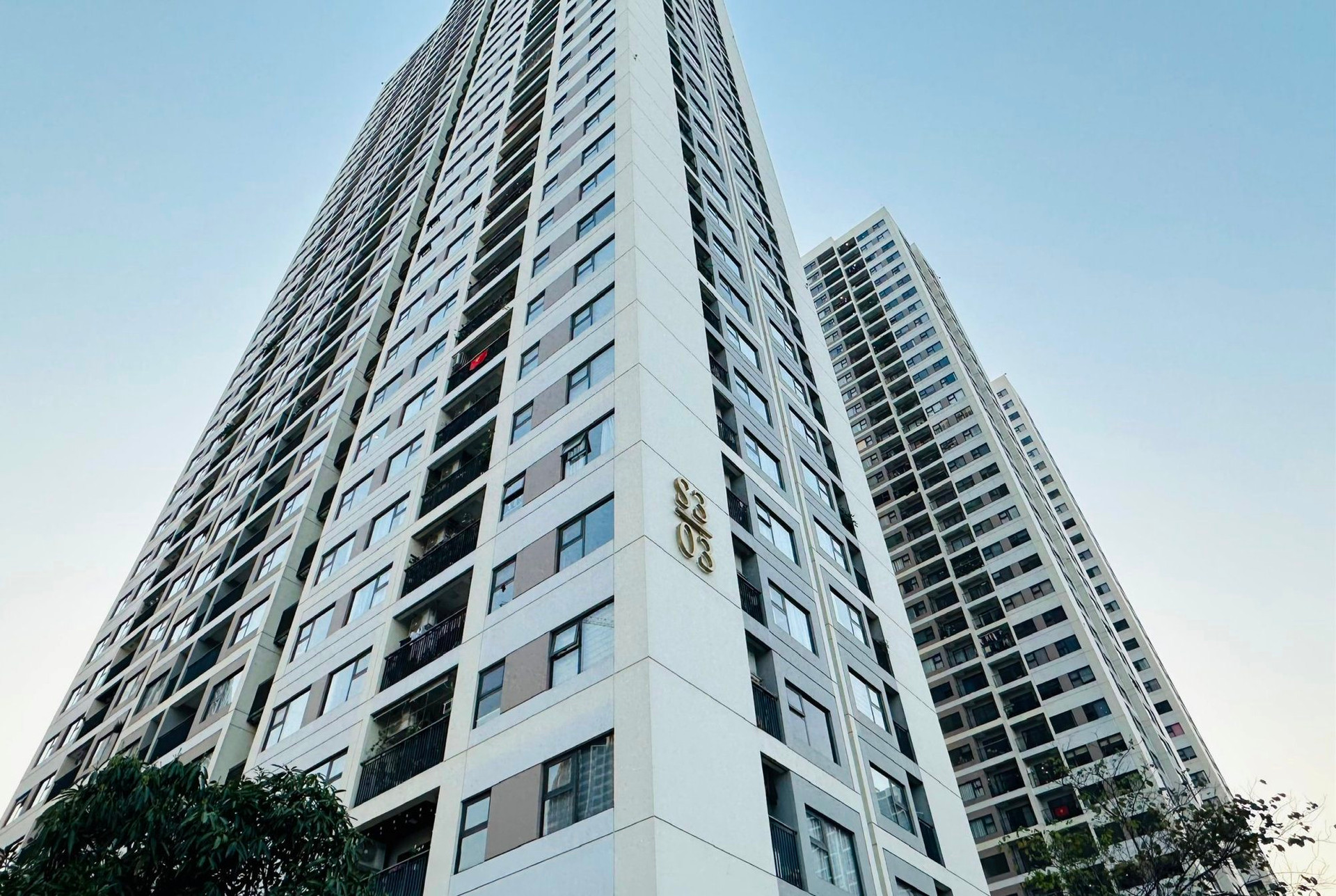
According to Mr. Le Hoang Chau, a clear legal corridor, the removal of bottlenecks, and a greater reduction in interest rates will drive the development of affordable housing and new social housing projects. Another expectation is that when the policies supporting the affordable housing segment are better understood, the supply will also be more abundant.
Similarly, Mr. Nguyen Van Dinh, Chairman of the Vietnam Real Estate Brokers Association, said that the development of affordable housing will open up opportunities to solve the imbalance of supply and demand, and reduce housing prices across the whole market. If the market as a whole and housing policies follow the market economic direction, then affordable housing will develop in parallel with social housing.
However, in Vietnam, there is no official concept of affordable housing. To achieve this, Mr. Dinh believes that an official definition of affordable housing needs to be provided; at the same time, there should be preferential credit policies specifically for increasing purchasing power and supporting developers in developing and operating social infrastructure projects. In addition, it is necessary to increase investment and expand connected transportation infrastructure. When distance is no longer an issue, the trend of shifting from the city center to the suburbs is inevitable.
Similarly, Mr. Cao Van Luc, a finance and banking expert, believes that the state needs a more balanced, harmonious approach to the financial market, creating a regulatory environment to promote sustainable market development, and needs to continue fiscal policies related to capital, taxes, fees, public investment; continue to simplify administrative procedures. Localities should speed up the formulation and approval of plans as the basis for implementing real estate projects, paying attention to the arrangement of independent social housing projects in suitable locations. At the same time, publicly disclose the list of real estate projects to select contractors by bidding to ensure that businesses have complete information, actively research, and openly and transparently apply to participate in investment. Real estate businesses themselves also need to restructure segments and product prices; continue to improve the quality of projects.







